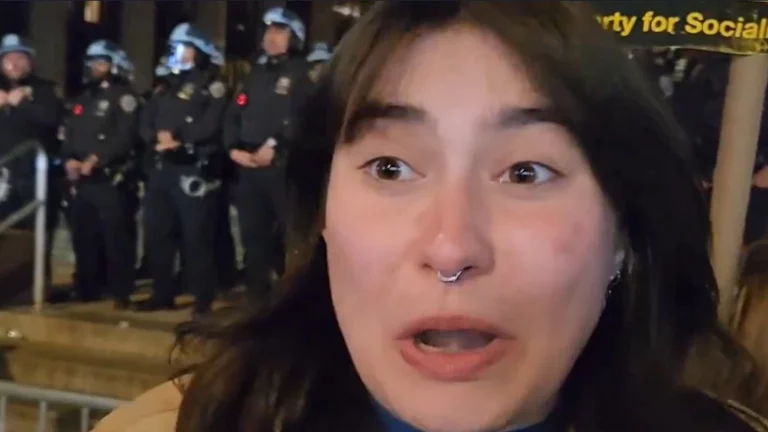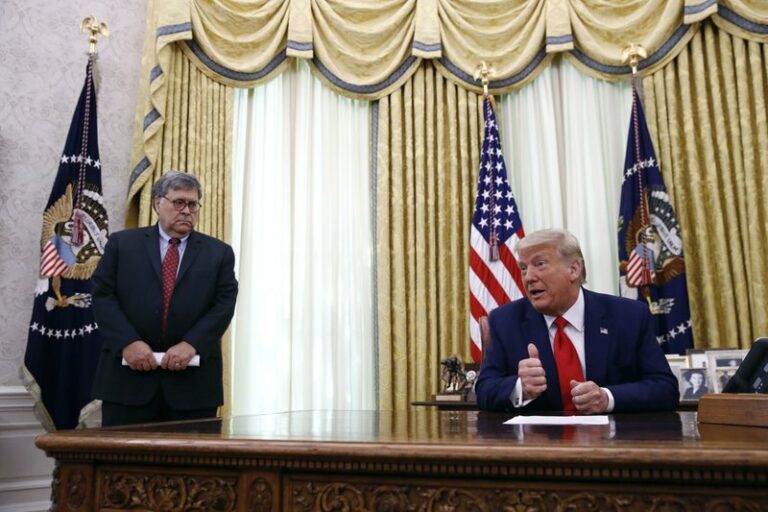 A civil liberties lawyer on Wednesday asked a U.S. judge to force the New York Police Department to develop and implement clear policies on how it stops people in and around certain buildings in the borough of the Bronx.
A civil liberties lawyer on Wednesday asked a U.S. judge to force the New York Police Department to develop and implement clear policies on how it stops people in and around certain buildings in the borough of the Bronx.
The request capped seven days of testimony before U.S. District Judge Shira Scheindlin in Manhattan, in one of three main lawsuits challenging aspects of New York City’s controversial “stop and frisk” crime-fighting tactics.
In the Bronx case, the New York Civil Liberties Union and 12 plaintiffs have asked Scheindlin for a preliminary injunction against aspects of “Operation Clean Halls,” a citywide police patrol program inside and around private, mostly low-income housing buildings that opt to enroll.
In his closing argument Wednesday, NYCLU attorney Christopher Dunn asked the judge to compel the city to improve oversight of the police so that stops of people suspected of criminal trespass outside a “Clean Halls” property are made with reasonable suspicion.
“We want a real, specific department policy and procedure that spells out how and why a person can be stopped outside ‘Clean Halls’ buildings,” Dunn said. Dunn also asked the judge to order new training and accountability measures.
The NYPD and Mayor Michael Bloomberg have defended the program – in which police stop and question people they suspect of unlawful activity and frisk those they suspect are carrying weapons – arguing it has lowered crime and taken guns off the streets. The police deny that race or quotas motivate stops.
The city has argued that new training and increased NYPD internal scrutiny on the tactic had addressed the lawsuit’s complaints about the Bronx stops.
Mark Zuckerman, a city attorney, on Wednesday said the plaintiffs had “failed to establish a custom or practice of unlawful stops.”
The NYCLU argues that last year, 1,137 of 1,857 stops in the Bronx of people suspected of criminal trespass outside “Clean Halls” properties were made without reasonable suspicion and were potentially unlawful.
The city counters that the stops were not necessarily tied to a “Clean Halls” building and likely were justified for other reasons.
Over the course of the seven-day bench trial, the judge heard testimony from high-ranking police officials, individual plaintiffs and expert witnesses. Scheindlin on Wednesday said she would rule only after reviewing additional written briefs to be submitted later this month.
In a ruling last month allowing another stop-and-frisk lawsuit to proceed to trial, Scheindlin said that case involved “matters of grave public concern.” She also questioned whether police, in their zeal to keep housing residents safe, were violating the rights of the same people they were seeking to protect.
(Reuters)





